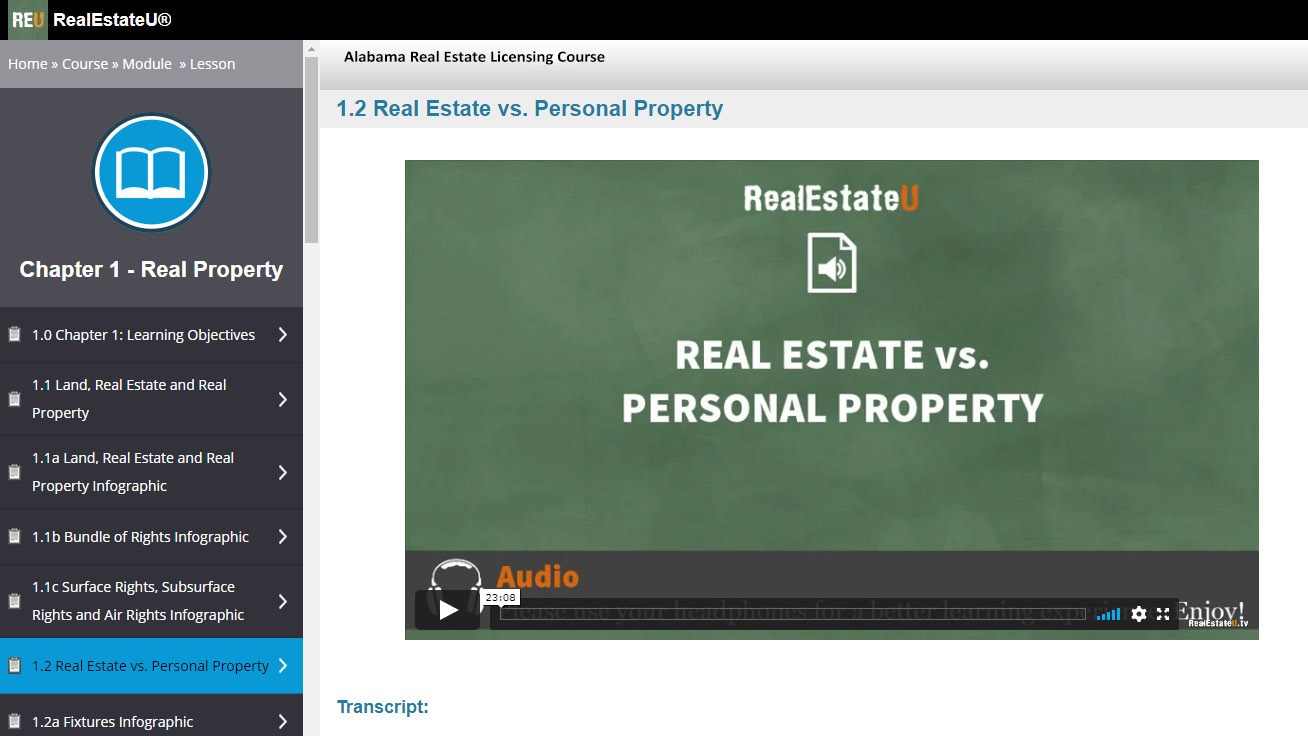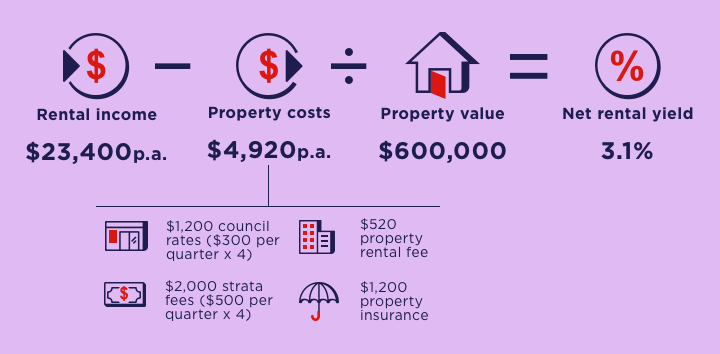
If you're thinking of starting your own business, it is important to think about the cost of a license in real estate. The fees for obtaining a real estate license depend on how your business operates, how many employees you have, and where you want to do business. Although they may not be obvious at first, these costs will be important when evaluating your business opportunities.
Each state charges a fee for a license to sell real estate.
An applicant must be at least 18 years old to apply for a real estate license. They also need to pass a background check. A pre-licensing education of 45 hours is required. Additionally, a three-hour course must be completed on lead poisoning mitigation. Real estate agents must be certified every two years upon obtaining their license. Usually, this is at least 24 hour per year.
Although reciprocal agreements exist between some states, getting a license isn't always automatic. To be licensed in a state other than your home state, you will need to contact a broker there and apply for a license. An application for a license must include proof of insurance as well as a background check.
Pre-licensing course
Pre-licensing classes are essential for anyone who wants to get a New York State real estate license. There are many options available for these courses. There are two choices: you can either choose a single-course package that includes the 75 hours of exam prep and pre-licensing classes, or you can purchase a complete package with all the courses you need to earn your license.

The cost of a pre-licensing course varies from state to state, and is usually between $150 and $300. Some states offer online classes, while others don't. North Carolina's live courses cost about $300. Compare the costs of different schools when choosing a course. Pre-licensing classes usually cost more than the cost for study materials, but they also include a live instructor.
Exam fees
A real estate license requires that you have completed education and had experience. Exam fees can vary by state. The DRE's eLicensing website is the best place to schedule a real-estate exam. You can sign up for a free account and update your contact information online.
South Carolina offers real estate exams. The state contracts PSI to administer this exam. The exam is based in real estate law. Background checks are mandatory and candidates must provide their social security number and name. The state licensing agency also requires applicants that they pay for fingerprint-based criminal history checks.
Business cards
It is important to invest in business cards that represent professionalism for real estate agents. The business card should be clear and concise, no matter whether the agent is working for a particular building or a broker. Potential buyers may be attracted to the property by including a photograph. Business cards that are vertically oriented stand out more than those printed horizontally. The contrast between white and black draws attention.
Information about licenses and credentials should be included on business cards. This will help clients build trust. It is important to include your full name, license number, and office address. Some states also require that the brokerage name and address be included. You can further show your credentials by adding badges on your business cards.

Insurance covering errors and omissions
E&O insurance covers real estate agents from any liability arising out of malpractice. Agents should have E&O insurance in order to protect themselves from errors that could cost them their business. This type is required by most states.
E&O Insurance covers professionals' legal fees, court expenses, settlement costs and any judgment costs in the event of errors. It can also cover overseas work.
FAQ
How long does it take to get a mortgage approved?
It depends on many factors like credit score, income, type of loan, etc. It generally takes about 30 days to get your mortgage approved.
What is reverse mortgage?
A reverse mortgage allows you to borrow money from your house without having to sell any of the equity. You can draw money from your home equity, while you live in the property. There are two types of reverse mortgages: the government-insured FHA and the conventional. A conventional reverse mortgage requires that you repay the entire amount borrowed, plus an origination fee. FHA insurance will cover the repayment.
How many times can my mortgage be refinanced?
It all depends on whether your mortgage broker or another lender is involved in the refinance. In either case, you can usually refinance once every five years.
Statistics
- Private mortgage insurance may be required for conventional loans when the borrower puts less than 20% down.4 FHA loans are mortgage loans issued by private lenders and backed by the federal government. (investopedia.com)
- The FHA sets its desirable debt-to-income ratio at 43%. (fortunebuilders.com)
- Some experts hypothesize that rates will hit five percent by the second half of 2018, but there has been no official confirmation one way or the other. (fortunebuilders.com)
- Based on your credit scores and other financial details, your lender offers you a 3.5% interest rate on loan. (investopedia.com)
- This seems to be a more popular trend as the U.S. Census Bureau reports the homeownership rate was around 65% last year. (fortunebuilders.com)
External Links
How To
How to locate an apartment
Finding an apartment is the first step when moving into a new city. This requires planning and research. It includes finding the right neighborhood, researching neighborhoods, reading reviews, and making phone calls. Although there are many ways to do it, some are easier than others. Before renting an apartment, it is important to consider the following.
-
Data can be collected offline or online for research into neighborhoods. Websites such as Yelp. Zillow. Trulia.com and Realtor.com are some examples of online resources. Offline sources include local newspapers, real estate agents, landlords, friends, neighbors, and social media.
-
Review the area where you would like to live. Yelp and TripAdvisor review houses. Amazon and Amazon also have detailed reviews. You may also read local newspaper articles and check out your local library.
-
Call the local residents to find out more about the area. Talk to those who have lived there. Ask them what they loved and disliked about the area. Ask for recommendations of good places to stay.
-
You should consider the rent costs in the area you are interested. If you are concerned about how much you will spend on food, you might want to rent somewhere cheaper. If you are looking to spend a lot on entertainment, then consider moving to a more expensive area.
-
Find out all you need to know about the apartment complex where you want to live. Is it large? What price is it? Is the facility pet-friendly? What amenities is it equipped with? Is it possible to park close by? Are there any special rules that apply to tenants?